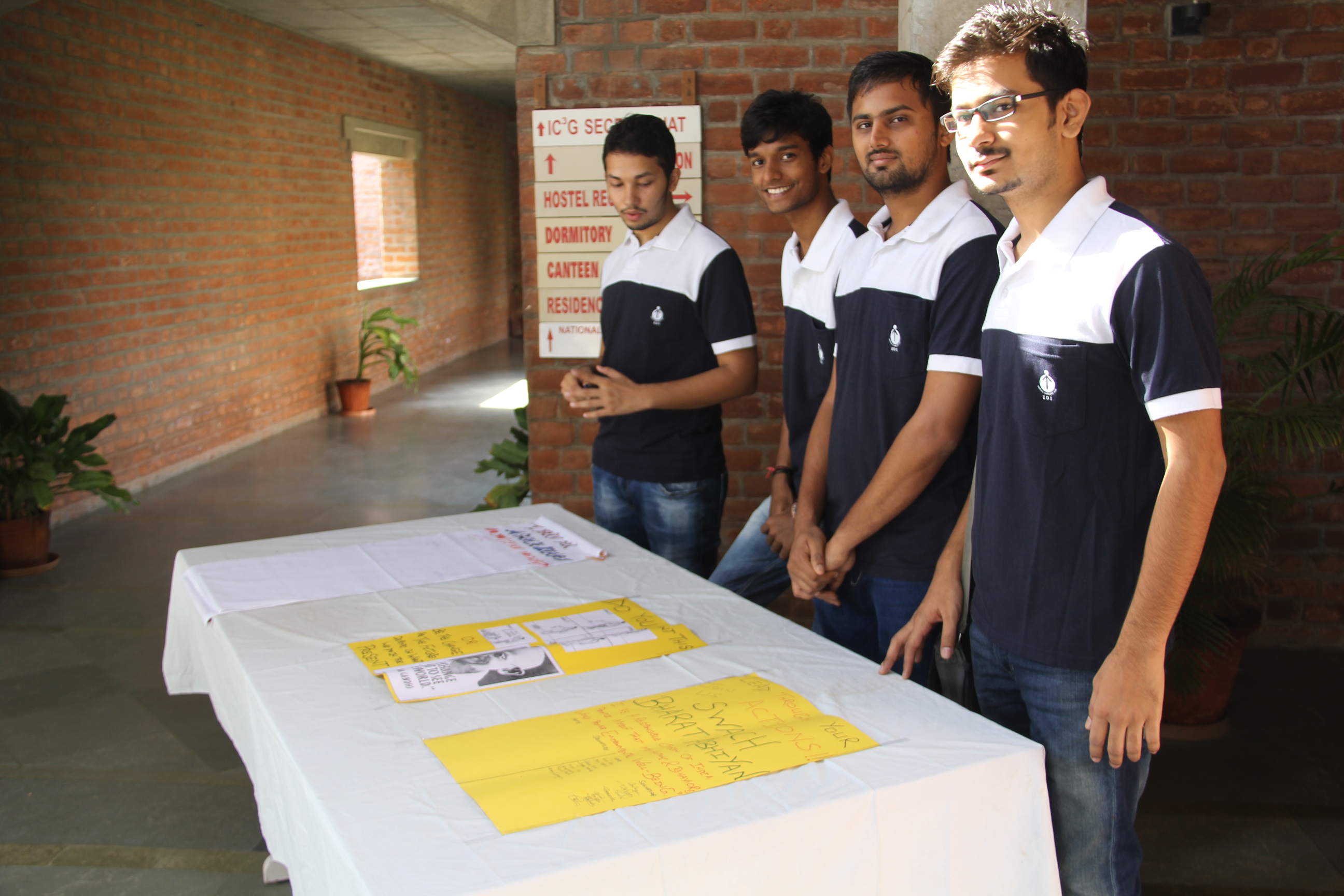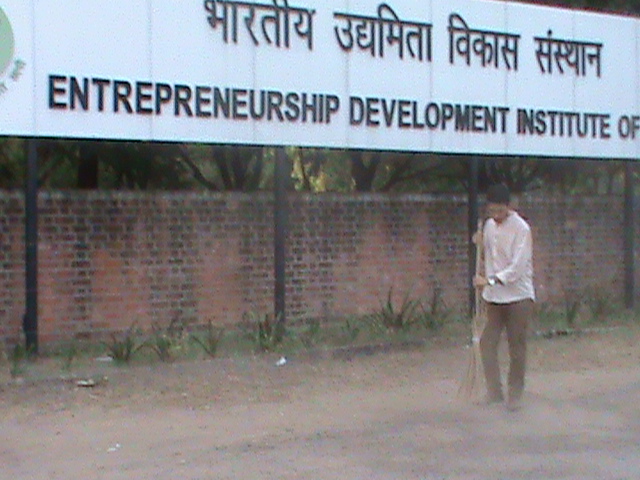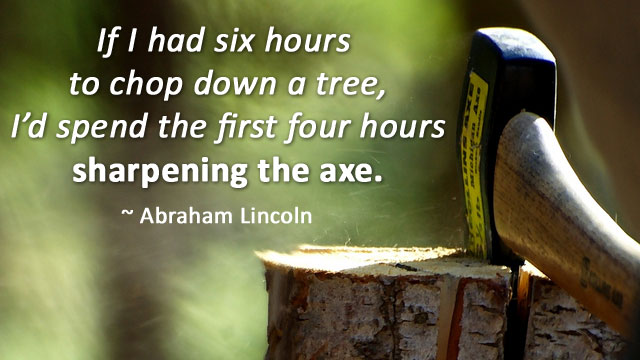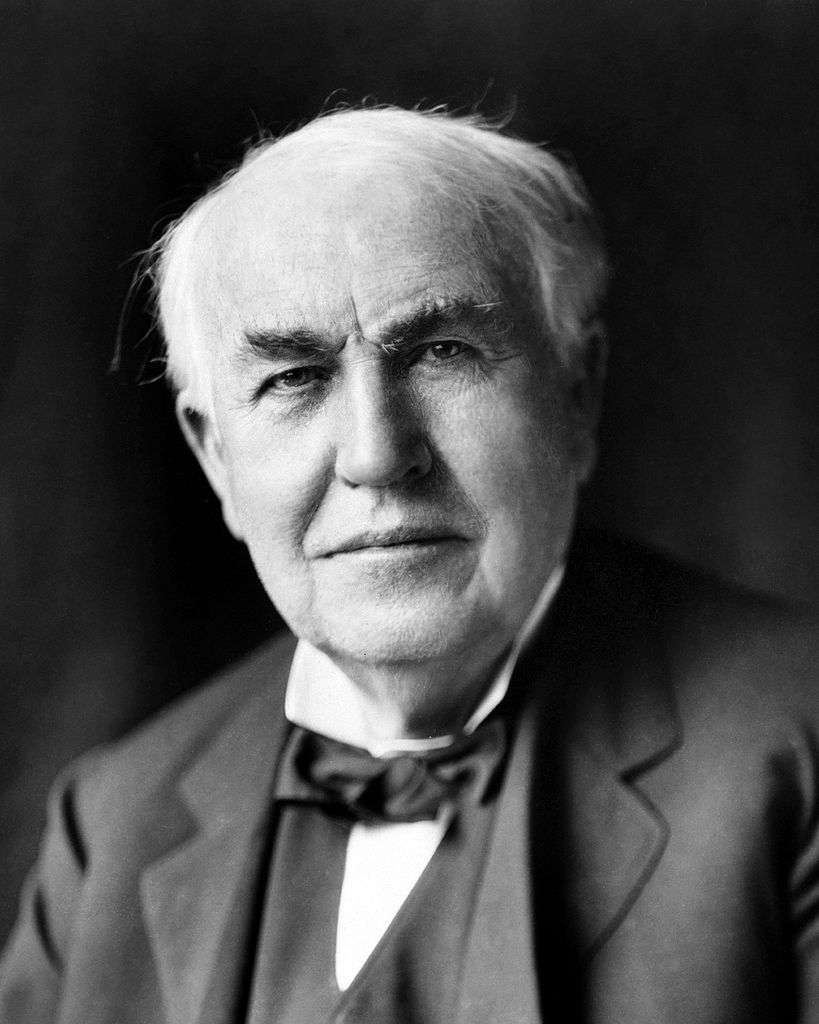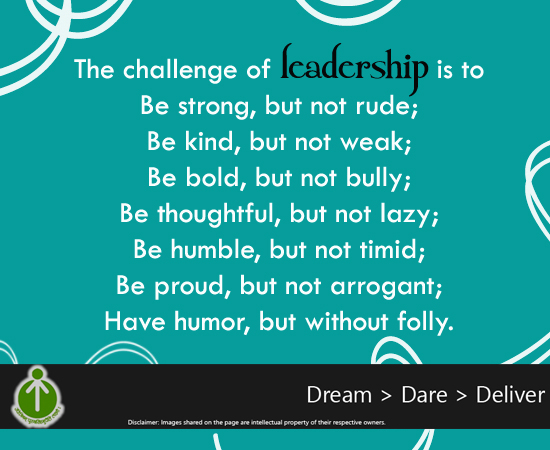Magical mornings: Rising early
Humans often wish there was more time to do things in life. Especially when running a business, it feels there are not enough hours in a day.
One best way to increase your productivity is waking up early in the morning and making it a habit.
Do you put your alarm on snooze as soon as it rings off? If so, you are starting your day by procrastinating which is a bad sign.
Let’s see some advantages of rising early:
-There is very less or no distraction
-It is peaceful, which helps concentrate better
-You are fresh and have more willpower to do something
-Mornings have positive vibes. Your rest of the day will be happy and productive if you start early
Did you know?
There are many successful entrepreneurs who wake up really early in the morning which might just be the reason for their success. Let’s read about a few:
1.
2.

Richard Branson, founder of Virgin, wakes up at around 5:45 AM in the morning, even when staying at his private island, leaving the curtains drawn so the sun gets him up. He does his best to use those early hours to exercise before an early breakfast and getting to work.
3.
4.
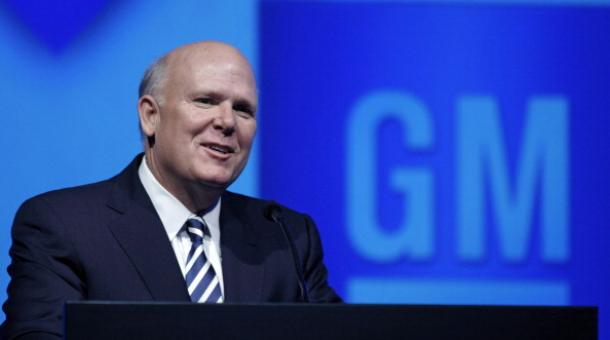
General Motors’ CEO Dan Akerson, gets up at 4:30/5 AM to talk to the GM Asia before it gets too late.
5.

Apple CEO, Tim Cook, is known for getting up and sending out company emails at 4:30 in the morning. By 5 AM he can be found in the gym. And he works late too, priding himself on being the first in the office and the last out.
6.

Disney CEO, Iger gets up at 4:30 every morning. He takes the quiet time to do a number of things like read the papers, exercise, listen to music, look at email, and watch TV all at once.
7.

Starbucks CEO, Howard Schultz, gets up at 4:30 every morning to walk his three dogs and work out. Around 5:45 AM he makes coffee for his wife and himself. He gets to the office by 6 AM.
8.
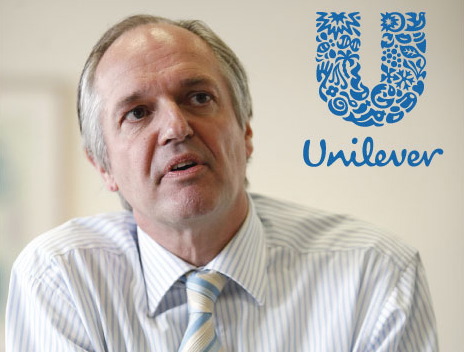
Unilever CEO, Paul Polman, gets up at 6 AM so he can run on the treadmill in his office. This also gives him time to “reflect on the work day ahead,” which is probably pretty hectic at a multinational food and detergent company.
When do you wake up everyday? Adopt good habits and live like a king 🙂
Management Lesson: #2
One fine day, a bus driver went to the bus garage, started his bus, and drove off along the route. No problems for the first few stops – a few people got on, a few got off, and things went pretty well.
At the next stop, however, a big hulk of a guy got on. Six feet eight, built like a wrestler, arms hanging down to the ground, he glared at the driver and said, “Big John doesn’t pay!” and sat down at the back seat.
Did we mention that the driver was five feet three, thin, and basically meek? Well, he was. Naturally, he didn’t argue with Big John, but he wasn’t happy about it. The next day the same thing happened – Big John got on again, made a show of refusing to pay, and sat down. And this went on for next few days.
This grated on the bus driver, who started losing sleep over the way Big John was taking advantage of him. Finally he could stand it no longer. He signed up for body building courses, karate, judo, and all that good stuff to prepare himself to stand against the giant.
By the end of summer, he had become quite strong; what’s more, he felt really good about himself. So on the next Monday, when Big John once again got on to the bus and said, “Big John doesn’t pay!”
The driver stood up, glared back at the passenger, and screamed, “And why not?”
With a surprised look on his face, Big John replied, “Big John has a bus pass.”
Moral: “Be sure there is a problem in the first place before working hard to solve one.”
Share your comments.
[Top]Launch of Swachcha Bharat Abhiyan | 2nd October, 2014 |EDI Campus
Our Hon’ble Prime Minister Shri Narendra Modi’s Independence Day address to the nation this year announced Swachcha Bharat Abhiyan on 2nd October, 2014, the birth anniversary of Mahatma Gandhiji, the Father of the Nation. In backdrop of this and in light of the fact that the Department of Higher Education, Ministry of Human Resource Development and the All India Council for Technical Education (AICTE) looks forth to each and every institution for active participate in Swachh Bharat Abhiyan, as per AICTE circular (F.No.1-29/CM/AICTE/2012 dated September 24, 2014), Entrepreneurship Development Institute of India (EDI) launched ‘Swachh Bharat Abhiyan’ on 2nd October 2014.
This even unfolded an Institute level campaign through a poster with an action provoking message: “I Yearn for A Swachh Bharat. Do You? If Not Now, When?”
Students pledged to assume responsibility towards environmental well-being and also invited all those who are associated with the Institute to take the pledge. Director – EDI, Chairperson (PGPs), faculty and staff members welcomed the initiative and also signed the pledge for environmental well-being.
EDI’s Oath for Environmental Well-Being:
“I, as a responsible citizen of India promise myself that my actions & behaviour would promote Environmental Well-Being”.
EDI students and staff members also undertook a campus cleaning activity. Though the Institute is well maintained, neat and tidy, students identified certain potential spots worth further clean up. With brooms in their hands, students enthusiastically started cleaning EDI campus to transform it into a litter free campus.
EDI OATH CAMPAIGN FOR ENVIRONMENTAL WELL-BEING
EDI CAMPUS CLEANING DRIVE
Main gate area
Cleaned Campus Parking Area
Cleaning at EDI Building Entrance Area
EDI Canteen Area
Are you too looking forward to a cleaner India? Join hands in the Swachcha Bharat Abhiyan 🙂
[Top]
Management Lesson: #1
Once there were a group of men – a young hot-blooded guy and a large number of old folks, doing timber job in a jungle (i.e. chopping down trees).
This young chap was very hard working. He always continued to work through his break time and complained that those old folks were wasting time, having to break few times a day to drink and chat. As time goes by, this young guy noticed that even though he worked through break time and hardly took any rest, those old folks were chopping the same amount of trees as he did and sometimes did even more than he did. It was as if those old folks worked through the break time as well. So he decided to work harder the next day; but unfortunately the results were even worse.
One day, one of the old folk invited him for a drink during their break time. That young guy refused and said he had no extra time to spend! Then the old man smiled to him and said “It was just a waste of effort to keep chopping trees without re-sharpening your knife. Sooner or
later you will give up or be exhausted as you have spent too much energy.” Suddenly the young man realized that actually during break times while those old folks were having a chat, they were also re-sharpening their knife at the same time! And that’s how they could chop faster than him and yet spend lesser time! The old man said “What we need is efficiency by making use of our skill and ability in an intelligent way. Only then can we have more time to do other things. Otherwise you will always keep saying, I have no time!”
The moral of the story: – Sharpen your skills at regular intervals. Take breaks, analyze the situation with a calm mind and re-think on better ways to get your work done.
Do you have a lesson to share? We would love to know.
(Source : ShortStories)
[Top]Entrepreneurship Realities
Every success has a long story behind it. Every happy man today must have gone through something sad to come out strong and happy. Do you often think, looking at a successful entrepreneur, ‘Oh how lucky he is. He is on the top of the race and has it all.’ But have you ever wondered about his past. What brought him where he is today?
Let’s keep a check on the realities of being a successful entrepreneur.
Some facts:
1. It’s stressful
Nurturing a business is no easy job. It will shower you with constant stress. You will have to meet deadlines, satisfy your customers, take care of your clients and that too with consistency and perfection. Hiring new team members, training them and making sure they are doing well. All of this brings a lot of stress. If you cannot take the stress, you are not worth it.
2. It’s frustrating
At times, your partner might not agree with you. There are possibilities of miscommunication that will ruin all the hard work you must have done. You will never know what is waiting to happen next and in a hurry everything will fall in the wrong place. Your position will take a thorough test of your frustration level.
3. It’s never-ending
Once you enter, it won’t end. You’ll have to walk miles and miles and it still won’t end. Entrepreneurship is an endless job. The work will keep pouring in once you’ve got a grip. When you think it’s done, there is always scope for something better and new.
4. Demands sacrifices
The lost list of sacrifices includes sleep, food and much more. The ‘leave work at office, don’t bring it home’ saying doesn’t apply for an entrepreneur. He has to work 24*7. Pay checks don’t exist for them. You might not be able to give enough time to your family and friends.
5. It’s competitive
There are always people having an eye on you and striving to do that extra bit in a better way to successfully compete with you. You will have to work day and night to stand that competition and think about the best things possible. You might have to spend sleepless nights and figure out innovations to retain your customers and also attract new ones.
All of these will bring you what you’ve always dreamed of:
1. It’s rewarding
Heard of ‘Try and try and you will succeed’? Whoever has said that is absolutely right. After all the hard work and sacrifices you make to lead your business to growth and success, there comes a time when you start reaping the results. There will definitely come a time when you feel the happiest. All the appreciations and rewards you receive will make you feel on top of the world and all those struggles will be worth it.
2. It’s flexible
An employee drops in at the assigned time and leaves after the boss does. You don’t have to do that. Having control over your work schedule means that you can choose when to take time off and work the schedule that suits you best.
3. Satisfying
At the end of a hectic day, no matter how many issues and problems you go through, you are still happy because you are doing what you love. You are an entrepreneur by choice and you enjoy the process of climbing the success ladder. You are satisfied and satisfaction is something to die for.
4. Independent
You are your own boss. You have nobody to report to. You are free to do what you want and how you want. That kind of position brings along a lot of challenges and you have to take your business seriously, to keep it from going down the drain. But still, being your own boss feels great, isn’t it?
5. Personal Development
Once you start your own business, you start growing as an individual too. You now have your team members to take care of. You have to learn what to assign and when to assign a work to your team mate. You have to learn how to communicate in the best possible way, to your clients as well as customers. Taking care of a business makes you more disciplined, determined, dedicated and punctual.
Are you an entrepreneur and gone through something similar? Share your story with us.
[Top]Modi says Make In India, but even thalis are from China
Even as India’s business elite gathered here on Thursday to pledge their support for Prime Minister Narendra Modi’s ambitious ‘Make in India’ manufacturing campaign, Hari Ballabh lost his job to the Chinese.
For years, the small factory Ballabh worked at flattened steel into sheets that were cut into circles and passed to adjacent factories, which pressed these into household utensils. “A year ago, the market was flooded by Chinese steel, which was pre-cut in standard sizes for katoris (bowls) and thalis (plates),” says Anil Singhal, a steel trader. He added the Chinese products were cheaper and of better quality. Wazirpur’s pressing units now prefer to import from China, rather than buy from an adjacent plant.”
“Our plant is closing tomorrow. The owner has told us to collect our dues,” said Ballabh, who arrived in Delhi 15 years ago to cold-roll steel in Wazirpur’s cluster of metal factories. “A month before Diwali, 70 of us will lose our jobs.”
The PM’s ‘Make in India’ initiative urges Indian and international companies to invest in 25 priority sectors ranging from automobiles to thermal power. Yet, the unravelling of industrial sites such as Wazirpur illustrates the enormity of the challenge faced by the country’s manufacturing sector.
While big-ticket investments are much needed, micro-enterprises, too, are vital. In 2010, micro-enterprises accounted for 79 per cent of non-farm employment in India, suggesting small-scale enterprises would continue to provide the majority of employment in the near future.
Today, many of Wazirpur’s manufacturers have become traders, a story repeated across sectors as diverse as thalis, toys and telecommunication equipment. “The Make in India initiative makes sense, but it will need trained workers,” said Ballabh, adding he didn’t have the skills to work in a highly automated plant. “The Chinese stuff is automated; the sheet is of uniform thickness. A lot of our work is still done by hand.”
Producing a trained workforce, however, is hard work. Of India’s overall workforce, 70 per cent is literate; of this 70 per cent, 25 per cent drops out at the primary level, according to the 12th Plan document published by the Planning Commission. Only 20 per cent of Indian firms provide on-job training, according to World Bank research.
To train India’s burgeoning youth, the government has announced a skills policy. But many, like the steelworkers of Wazirpur, say poverty makes it difficult for them to support their children through programmes offered by Indian technical institutes. “If I don’t have a job,” Ballabh said, “How will I send my child to school?”
If Chinese products are swamping Indian markets, Indian businessmen appear to be looking for greener pastures. On Thursday, Modi said he was pained that Indian businessmen were increasingly looking to invest abroad. No businessman should feel the compulsion to leave the country, he said.
Entrepreneurs, however, say they are unsure when the many obstacles in India will be cleared.
In 2003, Umesh Menon, a 43-year-old professor at the Entrepreneurship Development Institute of India in Ahmedabad and a consultant with the United Nations Industrial Development Organization, decided to try his luck at starting a business of his own. “I had always told my students India was the best place to invest. But when I started, I had a quick reality check,” he said. “I wanted to start a scalable business, but in India, scaling up attracted higher taxes, more inspections and more problems.”
Instead, Menon and his partners invested $50,000 in a cold-storage business in Uganda. “In 24 hours, they had registered my business and given me a welcome kit, with my clearances, licences, tax number and a driving licence, too,” he said. “In India, $50,000 won’t even get you through the door.”
In two years, Menon had acquired 10,000 acres to start an agriculture business. Along with his partners, he also set up a bakery. In 2010, he moved to Mozambique, where he set up the country’s first private hospital, along with an Indian partner.
“In India, the government only helps the big guys,” he said. “We court foreign investors, but we forget our own people, who have nowhere to go.”
He said the new government’s emphasis on manufacturing was welcome, but fell short of concrete policy changes. “I’m encouraged by all the speeches,” he said. “But we need more action on the ground.”
[Top]What’s in a name? A lot.
A name can make and add value to your company’s reputation. Never be fooled by the saying, ’What’s in a name?’ A company name speaks a lot about your company.
There are a lot of things you need to keep in mind while naming your company.
Let’s find out:
1. Be clear about your vision & mission:
You should have a clear picture about what your company is all about. Be clear about the kind of service you would be providing or the kind of product you would be selling. Once done, you can move on to thinking relevant names that will fit best and highlight your work area.
2. Start generating:
Sit down with a piece of paper and start jotting down all the names that cross your mind. Don’t do much thinking, the names might be weird, funny and senseless, but just write them down.
3. Involve less people:
We often tend to ask for suggestions when confused. But when such important decisions are to be taken, involve only a few people who can really be helpful. More people mean more suggestions, which will lead to more changes, more confusions and dissatisfactory results.
4. Get creative:
If the world behaves normal, you should behave crazy to stand out. Don’t finalize on plain, boring names. Get creative. It is important to carve out your niche by displaying your uniqueness. Don’t think out of the box, think that the box has been destroyed and you have no option but to live without the box.
5. Avoid including City in your company name:
Having a city mentioned in the company name might be a bad idea. NEVER have them. Why do you think Kentucky Fried Chicken is now KFC?
KFC lost many potential customers because they thought that as the name says ‘Kentucky’, it might be present just in the city of Kentucky and so is of no use to them. When the company expanded and faced this major problem, they planned to call it KFC instead to keep doubts at bay.
6. Understandability:
My company name? It’s Ena. Did not understand? Well, that’s the point. A name that even your target audience doesn’t understand is a blunder. The name should give a brief idea about company or atleast it should be of relevance to the kind of services you provide. If it is too complex and puzzling, it will remain a mystery to your customers. This is especially true if you are reaching out to a mass audience.
If you think we missed out on something, do add to the points. Your views are always welcome.
[Top]Ways to stay inspired
1. Every morning when you wake up, drink a glass of water to have a fresh start.
2. Exercise to boost up your energy level. It keeps you stress free and happy all day.
3. Make a To-Do list. Following a plan keeps you organized throughout the day.
4. Clean up your working area. A tidy desk gives you inspiration and energy and lets you concentrate more on work. Also helps you deliver quality work.
5. Brainstorming opens up your mind and gives way to new ideas. You might have brilliant ideas inside your head but if you won’t put them across, you will end up being nowhere.
6. Do research online on a topic that interests you. Watch tutorials, read blogs and stay updated about the latest trend.
7. Don’t forget the 50/10 rule. Work for 50 minutes, rest for 10.
8. Reading on a daily basis increases knowledge. Keep reading and stay inspired.
9. End your day with self-evaluation. Think about all your achievements and mistakes. Analyze how you can make tomorrow a better one.
10. Rest is important whenever time permits. It keeps you energetic to do things you like.
11. Expressing gratitude keeps you and everyone around you happy. Say ‘Thank You’ more often and at the end of the day, think about good things that happened to you.
12. Last but not the least, do things that make you happy. Relax and spend some time with your family and yourself. Do things that you really enjoy.
Share your ways of staying inspired all day.
[Top]How successful people define success
Success seems to be connected with action. Successful people keep moving. They make mistakes, but they don’t quit. We found some very successful people having their own definition of success. Find out:
1. Arianna Huffington – Founder of Huffington Post
Huffington says that while we tend to think of success along two metrics, namely money and power, we need to add a third. “To live the lives we truly want and deserve, and not just the lives we settle for, we need a Third Metric,” she says, “a third measure of success that goes beyond the two metrics of money and power, and consists of four pillars: well-being, wisdom, wonder, and giving.” Together, those factors help you take care of your psychological life and truly be successful.”
2. John Wooden – Legendary Basketball Coach
With 620 victories and 10 national titles, Wooden is the winningest coach in college basketball history. But his definition is more about competing with yourself than the other guy: “Success is peace of mind, which is a direct result of self-satisfaction in knowing you did your best to become the best you are capable of becoming,” he said.
3. Tony Hsieh – Zappos CEO
“Your personal core values define who you are and a company’s core values ultimately define the company’s character and brand,” Hsieh writes in “Delivering Happiness,” his memoir about building Zappos.” For individuals, character is destiny,” he says. “For organizations, culture is destiny.”
4. Maya Angelou – Acclaimed Author
The late, great poet laureate, who passed away at 86, left behind stacks of books and oodles of aphorisms. Her take on success is among the best: “Success is liking yourself, liking what you do, and liking how you do it.”
5. Winston Churchill – British Politician
At the prime of his political career from 1929 to 1939, Churchill was kept out of office, in a period historians call “the wilderness.” Yet he stayed publically active, and in 1939, the then Prime Minister asked him to serve as First Lord of the Admiralty as Hitler’s Germany rose. We can see how his definition of success arose from those frustrating years: “Success is going from failure to failure without losing enthusiasm,” Churchill said.
6. Richard Branson – Founder of Virgin Group
Though Sir Richard Branson is worth some $5 billion, the Virgin founder equates success with being fully immersed in your work. “My definition of success?” he asked himself on Virgin’s blog. “The more you’re actively and practically engaged, the more successful you will feel.”
7. Thomas Edison – Inventor of Light Bulb
Edison, holder of over 1,000 patents had an insane work ethic. He was known to put in 72 hours at a time. So naturally, his definition of success is equally ambitious: “Success is 1% inspiration, 99% perspiration.”
8. Stephen Covey – Popular Author
Covey became a massive success and a part of popular culture with his 1989 book “The Seven Habits of Highly Effective People,” which has sold over 25 million copies. Yet for Covey, success is categorically individual. “If you carefully consider what you want to be said of you in the funeral experience, you will find your definition of success.”
Everyone has their own different definition of ‘success’. What’s yours?
Comment and share your views.
[Top]
Being a leader
Good leadership starts with good communication.
Are you looking forward to being a leader? Are you aware about traits of a leader?
We have compiled some qualities that makes one a good leader.
1. Honest and trustworthy-
A leader is someone who others follow, good or bad. If you show your honest side to the team and stick to it, your team is sure to follow the suit. The team and everybody associated with you, believes you, so always be trustworthy and go by the ethics.
2. Confidence-
Inhale confidence, exhale doubt!
A man of confidence is always looked up to. Every business faces panicky situation, it’s on you how you take it. Always keep the calm and be confident to overcome the worst of situations. This will help the team to do their best as well and follow the leader.
3. Sense of Humor-
Why so serious? Laughing at mistakes always helps. If your team commits an error, getting angry and handling the situation seriously will only worsen things. How about a laugh instead? Give your team a friendly environment at workplace which will open them up and help work become more comfortable. Crack a joke or two and see your team brighten up.
4. Communication-
Your words should be simple and crystal clear, easy enough for your team to understand the requirement. If your team is not working up to your expectations, there possibly might be a communication fault at your end. Keep a check. Being a clear communicator is a trait of a successful leader.
5. Everything but rude and arrogant | A team builder-
A team loves their leader, but hates their boss. Boss says, “Go” but a leader says, “Let’s go.” Always keep in mind that a leader should never be rude and arrogant for having the top seat of the company. Instead, a leader should share the same seat as his team. Never make wrong use of your position or strength.
6. Work delegation-
Delegating the work is a sign of a good leader and a strong team. Keep the belief that your team is qualified enough to handle the important tasks. Delegating tasks to the appropriate departments is one of the most important skills you can develop as your business grows. And with growth comes lot of responsibilities which can only be fulfilled once delegated.
7. Has a vision and passion-
What are you leading? What are your goals? Your vision should be clear. A leader must very well know the hierarchy of his progress and a graph that shows where he is now and where he is willing to reach. The passion to achieve your dream always shows through your hard-work and dedication. Your team is sure to follow you if you are true to your work.
[Top]





